Thanks for supporting this newsletter focused on contemplative practice and spiritual inquiry. Think of it as a bit of digital Spiritual Direction, or what I like to call “therapy for your God baggage.” For those of you who like to multi-task, there’s an audio recording of the newsletter here at the top for you to play in the car or listen as you do dishes. Whatever
And this week I added some slick production value!! Please always feel free to email me with your thoughts or questions or reach out if you think Spiritual Direction might be something helpful for you.
Have a great week! - Kelley
Last week the theme of my prayer podcast was Belonging. What I love about doing this podcast is that I’m given the theme each week. I don’t have to wrack my brain to come up with an idea. Rather I just let my neo cortex aimlessly wander the territory of my everyday and look for examples, insights and connections.
My big takeaway from scanning the horizon for bits of belonging is that we all crave it desperately (not a huge discovery) but at the same time we often, as a response to our longing, exclude. And my wondering is if this is a particularly American response? Is this exclusion which includes a dogged competitiveness and, dare I say, meanness born out of our capitalist, boot-strap-pulling roots? I’m not sure, but buy me a beer and let’s talk about it.
You might have heard from your parents at one point the aphorism, “If You Are Not a Liberal When You Are Young, You Have No Heart, and If You Are Not a Conservative When Old, You Have No Brain.” While this quote (often attributed to Churchill) didn’t apply to me, I think it appeased my parents for a time til they realized I was politically a lost cause. The saying seems to imply that in youth we value compassion and as we age we value the practical arm of authority.
And yet, in my conversations with young people these days, I am amazed by the seeming lack of compassion and empathy that characterize the cancel culture in which they live. The same moral piety that I saw with some of my Evangelical peers at Wheaton in the 90’s feels eerily similar to that of the Gen Z students of today. In both groups the first step in any engagement is to not only identify what is wrong, but unforgivable. Many of them seem to lose the nuanced understanding of transformation and redemption. The puzzling part of it all is that young people on both ends of the political spectrum work from this same neo-puritanical mindset, though I doubt either would admit it.
The state of where we are right now is complicated, but one of the chief issues is FEAR of EXCLUSION. And this fear carries with it the highest of stakes because at our core what we want more than anything as human beings is to BELONG. I don’t mean belonging as a means of assimilating or fitting in, but belonging as a deep sense of self-worth, a trust that we are known and loved for exactly who we are. Belonging as a state of unconditional love.
Unconditional Love has always been a radical concept, and yet with each generation those conditions shift rather than disappear.
What does unconditional love look like?
It looks like celebrating people’s intentions even when they fall flat. It looks like encouraging one another in the midst of failure. It looks like holding each other accountable with a spirit of compassion and patience. Sometimes it looks like stepping away rather than stirring the pot. It looks like sitting in the midst of someone’s worst moments with them without feeling like you need to fix it. It looks like living into the idea that none are worthy but all are welcome.
If Grace is getting what we don’t deserve and Mercy is not getting what we do deserve, then unconditional love is that cocktail of grace and mercy shaken and poured for all of us.
So for all of you longing to participate in the good, the true and the beautiful at the expense of a culture that separates people into those who are in and those who are out, here are some places that I have found profoundly simple expressions of unconditional love and belonging in the last month.
The Great Pottery Throwdown
I love pottery as you can tell from the pictures of my collection. While my collection is mostly Italian the Great Pottery Throwdown is ALL British. This show is like mainlining pure joy. Unlike its American counterparts where competition and backstabbing is the fodder for popular reality tv and where the judges are only interested in showing off how brilliant they are and humiliating the poor contestants, this show is about friendship, celebration of beauty, and community. The potters are supportive and helpful towards one another and have a genuine gratitude for being a part of such a wonderful experience no matter when they leave the show. There is no reward at the end other than a big green pottery urn and the celebration of the work. And while the judges certainly offer criticism, they offer encouragement far more, even when the potter fails at their task. The most touching part of this show is the judge Keith Brymer-Jones, the hulking tough guy with arms like hamhocks that can’t help but cry over the beauty of the pottery and the beauty of the potter’s perseverance. Seriously, he cries at least twice per show and its adorable.
Somebody, Somewhere
This 30 min series starring comedian Bridget Everett, is a love story to the midwest where narratives of provincialism are countered with robust, complex characters. It's about people who don’t fit in, but also don’t give up.. cue Kate Bush. In the first episode Everett’s character, Sam, is brought to “choir practice” by her new/old friend Joel, played by the amazing Jeff Hiller. Choir practice turns out to be an open mic night for outsiders held at Joel’s church located in an abandoned mall. A place where a trans professor of agriculture named Fred Rococo serves as MC in a space that celebrates and encourages (see the theme?) community. Exactly what church should be, right? Here Sam and Joel sing the Peter Gabriel, Kate Bush duet of Don’t Give Up (cause you have friends). It is belonging perfectly demonstrated in front of a neon pink cross.
OnBeing: Trabian Shorters - A Cognitive Skill to Magnify Humanity
Go listen to this episode of OnBeing! Trabian Shorters’ deceptively simple antidote to disconnection and exclusion is something called Asset Framing. Using this cognitive skill, Shorters argues that when we lead with people’s assets rather than their deficits, we shift the narrative in radical and transforming ways, not only for the people we engage with but for ourselves.
He challenges us,
“I invite anyone listening to take the 100-day challenge and see if I’m right or wrong on this. Honestly, when you start practicing asset-framing, your life gets better. You feel better. You see more life, you see more light, in your day-to-day. You’re more forgiving of people who have faults and flaws in your own family. And then the litmus for how you think of people is, are you introducing people by their aspiration or contribution? And remember, framing: how you introduce a topic frames the topic. How you introduce a subject frames the subject. It’s just about, how do you introduce it? So you don’t have to ignore anybody’s problems or faults or any of that. But you never start with that. You always start with their aspirations; you always start with their contributions.”
By starting with contributions we, again, encourage and celebrate the best in each other. And when we’re talking about people often identified as “at risk” or “troubled,” we go from creating an easy place from which to dismiss and scapegoat, to a place of empowerment.
And finally.. I hope you’ll check out the short reflection on Belonging. My son Ethan created the video to go along with it, so I’m particularly partial to this one.
Dear Jesus-
I know I am not what I do.
Neither the best thing I’ve done nor the worst.
I know I am not what I have.
Neither what I have in abundance nor in scarcity.
I know I am not what others say about me.
Neither the accolades nor the criticisms.
I know my true identity, my belonging, does not come from me.
It is not self-generated.
It cannot be earned.
The answer to what I am is simple,
I am beloved.
My belonging requires nothing of me.
It is my inheritance.
Show me how to claim it.
To live into it.
To wear it like a warm sweater.
Amen
As always, thanks for listening or reading. I want to invite you to engage in these conversations, you can engage with me by responding to this post, by emailing to set up a time to meet or you can just go start a conversation with your family and friends. Talk about the hard stuff.. it’ll be worth it. Be well, friends. Til next time.



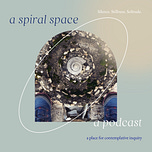

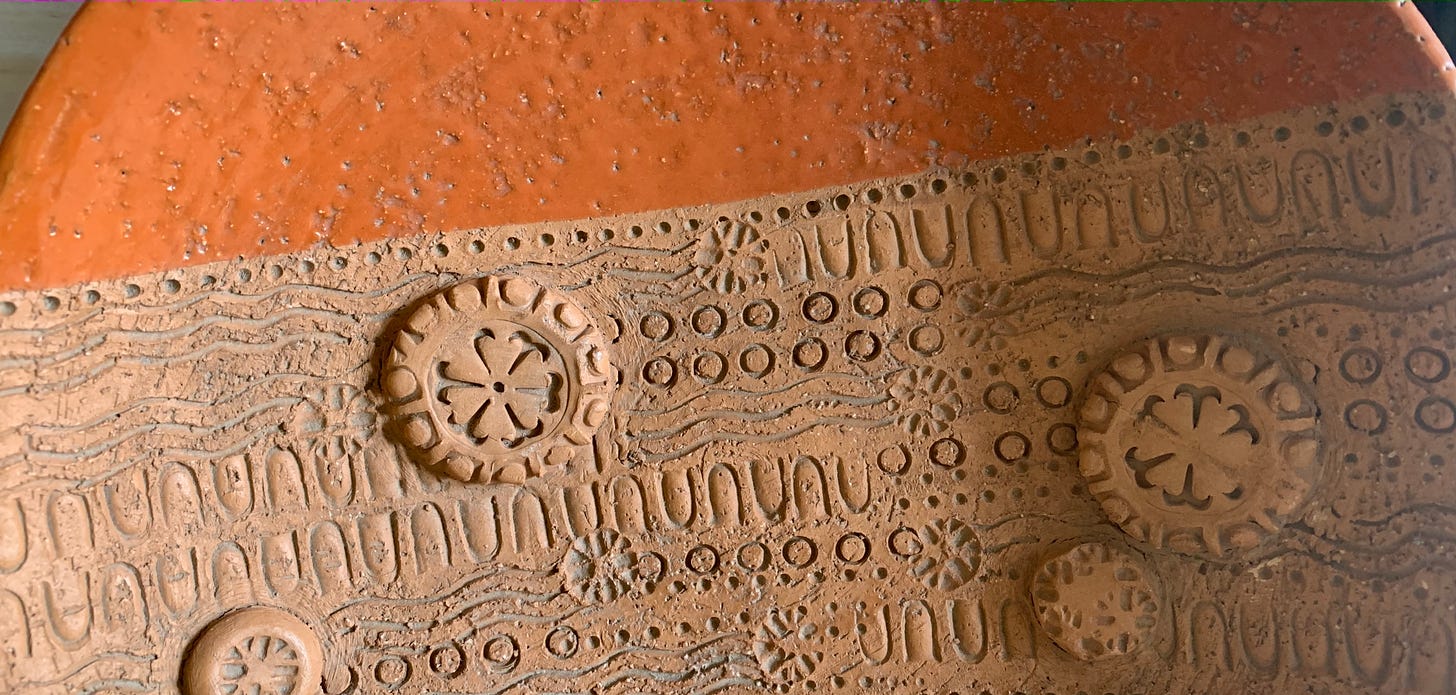
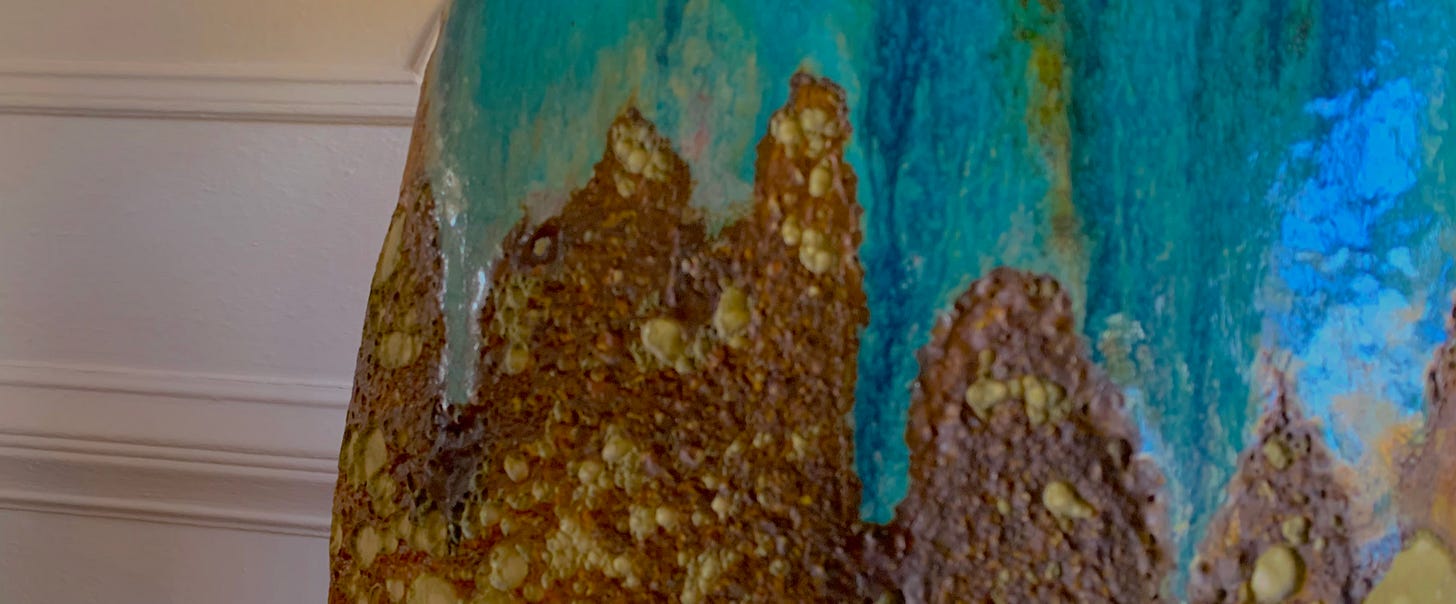

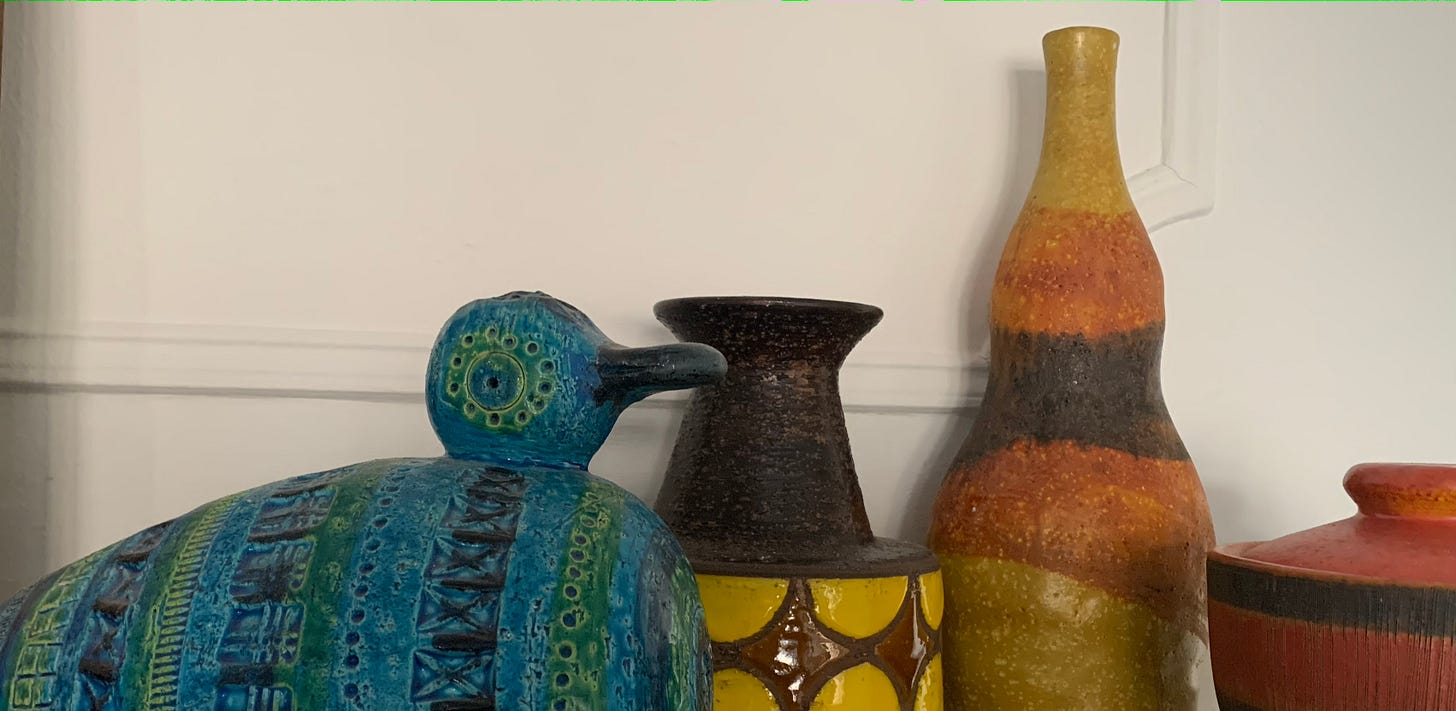





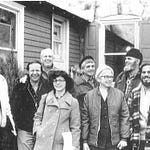



Share this post